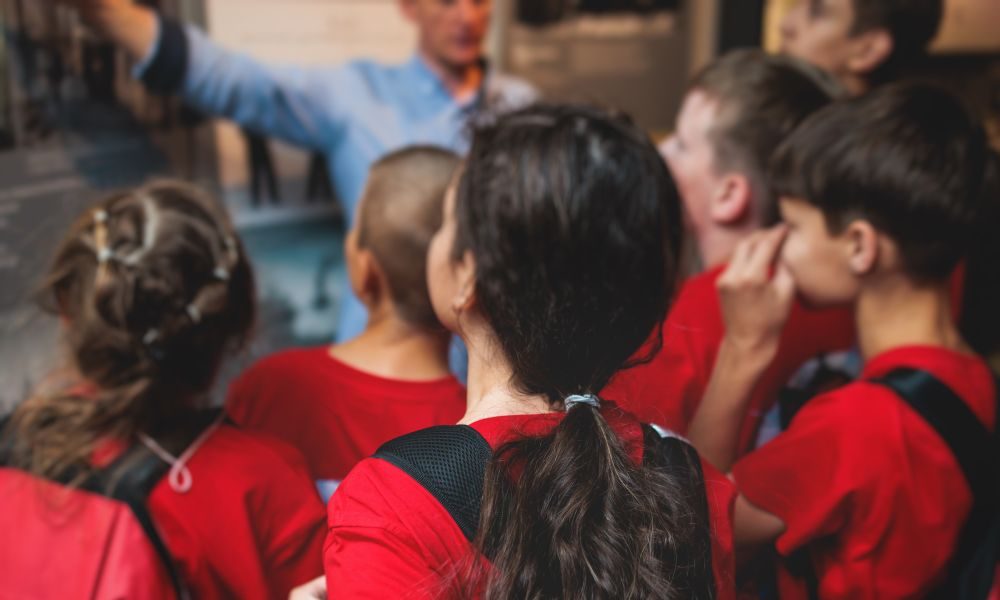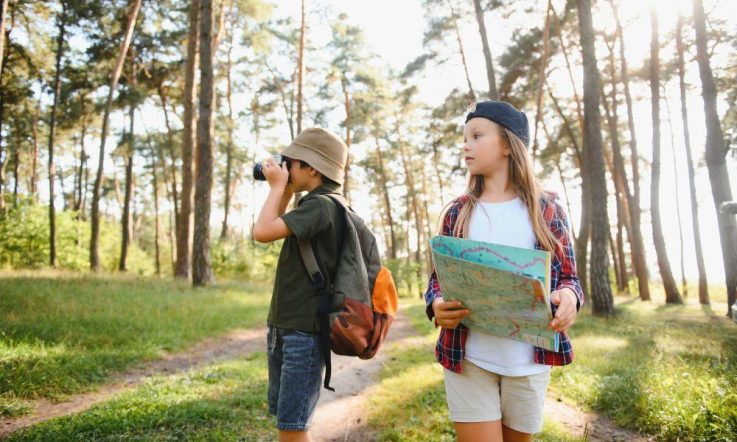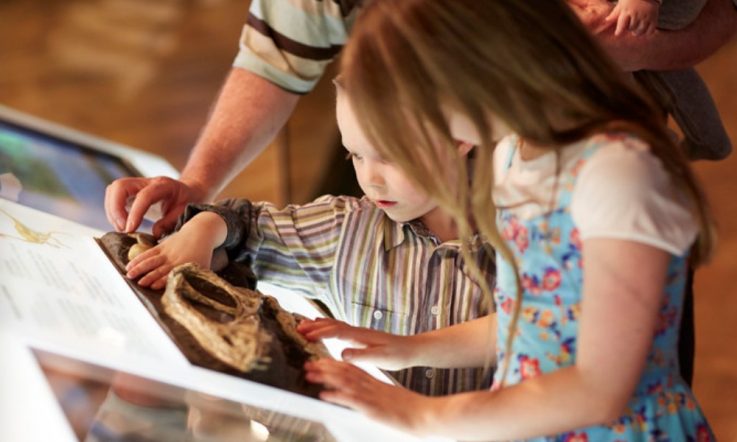Excursions, camps and incursions are a great way for teachers to tap into external expertise and learning experiences to support your student and school needs and complement what you’re doing in the classroom. Just like your regular lesson activities, you’ll need to plan well to get the most out of them.
Before you sit down to look at what’s out there, the first thing to think about is what you’re hoping to achieve. How does that link to the curriculum and, importantly, the needs of your students? You’ll also need to factor in school resources, including staff. And so, it may be that the successful experience that you or your colleagues organised last year isn’t the best option this time around.
Once you have a clear understanding of the learning outcomes you want to achieve and how this will meet your curriculum goals and student needs, you can identify possible options. If you haven’t planned an excursion, camp or incursion before, it can feel a little overwhelming. The good news is there’s plenty of support available.
Aside from all important risk assessments and safety, individual states and territories have a wealth of information for schools, including a range of guidelines, policies and procedures, planning templates, approval forms, and useful external resources. The links below offer a good starting point:
- Australian Capital Territory
- New South Wales
- Northern Territory
- Queensland
- South Australia
- Tasmania
- Victoria
- Western Australia
Remember, there’s also lots of expertise that already exists within your school and local networks (including subject associations and peak bodies). You might not have arranged an incursion before, worked with transport companies on an external visit, or held a parent and carer information session, but one of your more experienced colleagues will have. And the camp, excursion or incursion provider will often have its own resources and materials, including risk assessment information, to help teachers meet their planning requirements.
All this support will help you work through the process, gain the necessary approvals and lock in your activity. So, let’s return to the all-important teaching and learning.
What will your role be? What do you want to achieve? What are the anticipated learning outcomes? How will this experience link into what you’re already working on in the classroom? And how will it meet the needs of your group of students?
At this point, you might be thinking about the actual day (or days, in the case of a school camp). But you’ll also need to prepare your students, and there are lots of learning opportunities both before and after the event.
In terms of preparation, the more students know about where they’re going and what they’ll be doing, the more they’re likely to enjoy it and get the most out of it. You also need to be clear about what’s expected (museum rules, for example, may be new to them).
On a practical level: for example, you’ll need to have a clear itinerary and the usual ‘what to bring’ list. Again, the camp, excursion or incursion provider can give guidance here; for example, some students might not have a suitable sleeping bag, but there may be equipment available for schools or for hire. With local excursions, some teachers do a pre-visit ‘walk through’.
At a curriculum level: for example, will you need to do some specific vocabulary work in preparation? Will there be an opportunity for students to ask questions on the day – how will you ensure this is accessible to everyone in your group? And, what about those students who are absent that day, or don’t have the funds to attend?
It’s also likely to be part of a sequence of lessons that could include a post-experience student discussion, presentation or activity. Their feedback on the experience is also important. Finally, remember to give yourself time to reflect with colleagues – return to your initial aims, consider what went well, or if you’d change anything for next time.
We’d love to hear how you’re using camps, excursions and incursions to support teaching and learning in your own school context. Post a comment below with your own tips and reflections or get in touch with the team: teachereditorial@acer.org.
Thinking about the last camp, excursion or incursion you organised: Did you achieve everything you hoped from a teaching and learning perspective? Is there anything you would change to better prepare students next time? What about the post-activity learning opportunities?



